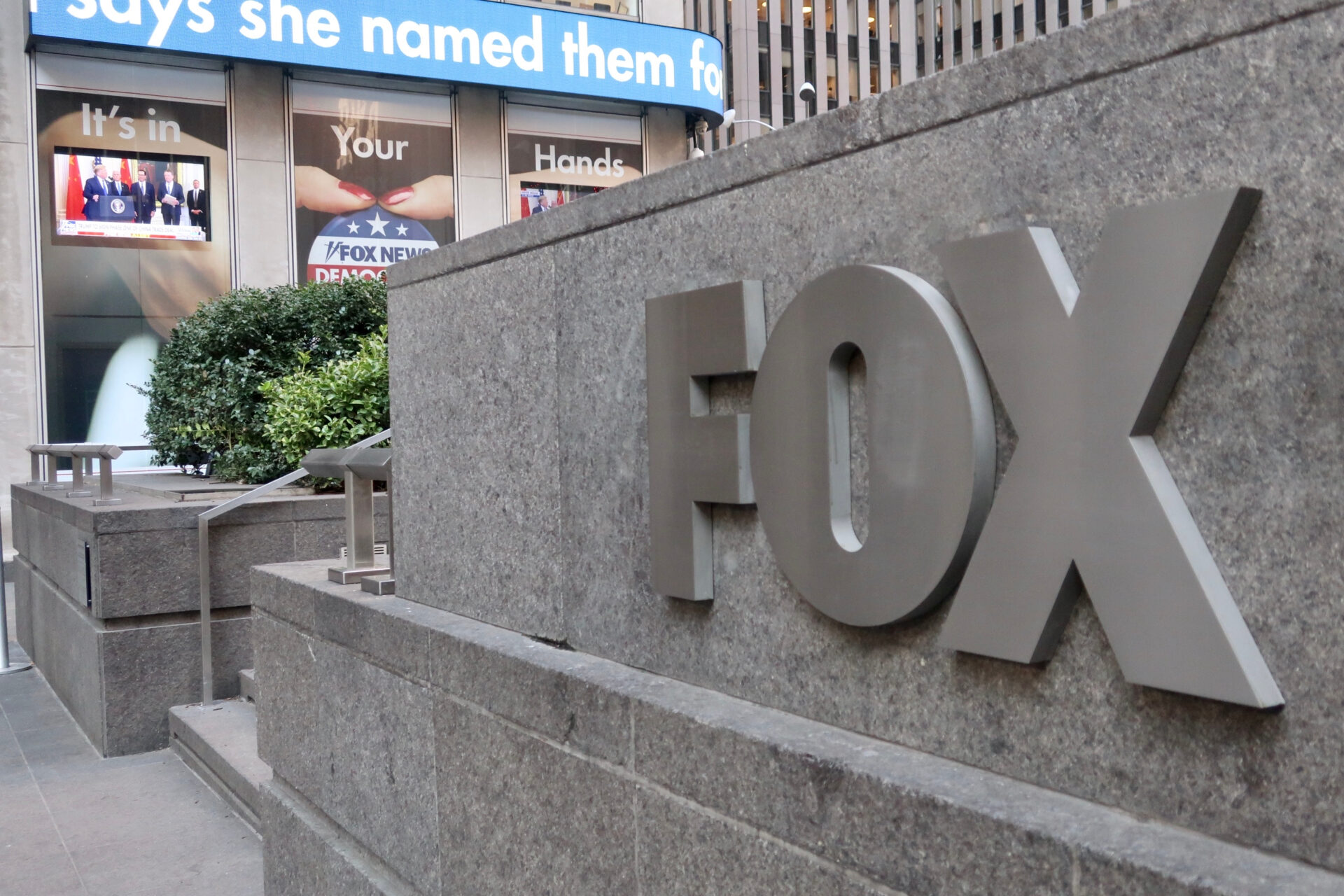
Biotech Firings SHAKE Wall Street!
Moderna is slashing over 500 jobs in a $1.5 billion cost-cutting blitz, spotlighting the collapse of pandemic-era biotech expansion and the brutal cost for American workers.
At a Glance
- Moderna is eliminating 10% of its global workforce—over 500 jobs
- Layoffs are part of a $1.5 billion cost-cutting plan running through 2027
- COVID-19 vaccine sales have plummeted post-pandemic
- Biotech sector sees widespread layoffs amid shrinking government contracts
- Local economies in biotech hubs brace for ripple effects
Pandemic Riches, Post-Pandemic Ruin
Just three years ago, Moderna was hailed as a pandemic savior—now, it’s hemorrhaging jobs in a desperate bid to stay solvent. The Massachusetts-based vaccine maker confirmed July 31 that it will cut more than 500 positions, roughly 10% of its global workforce, in the face of plunging COVID-19 vaccine revenues. This dramatic pivot forms part of a sweeping $1.5 billion cost-reduction program, set to conclude by 2027.
Watch now: Moderna to Cut 10% of Workforce · YouTube
During the peak of the pandemic, Moderna expanded aggressively, flush with billions in taxpayer-funded contracts and market hype. Now that demand for boosters and shots has waned, the company finds itself overextended and vulnerable. CEO Stéphane Bancel’s admission that “cuts were necessary” to realign with market conditions offers little comfort to the hundreds of families now facing unemployment.
Biotech’s Reckoning Spreads
Moderna’s announcement is not a fluke—it’s the latest in a cascade of layoffs rippling through the biotech and pharmaceutical sectors. Industry giants like Merck, Novartis, and Thermo Fisher Scientific have also announced significant job cuts in 2025, citing similar market contractions. The boom era—fueled by government subsidies, mandates, and emergency authorizations—has gone bust.
The contraction reveals an uncomfortable truth: much of the biotech surge during COVID-19 was built not on lasting innovation, but on artificially inflated demand and unchecked government largesse. As those pillars collapse, so does the workforce. Analysts now warn that continued cost-cutting may stifle R&D and kneecap long-term competitiveness in a field already prone to volatility.
Fallout for Families and Communities
The economic damage extends far beyond Moderna’s boardrooms. Massachusetts, a critical biotech hub, now faces the ripple effect of job losses in an industry that once seemed untouchable. Families are scrambling. Mortgage payments, healthcare coverage, and basic financial stability hang in the balance.
Remaining employees find themselves walking on eggshells—facing increasing workloads, dwindling morale, and no promise that their jobs won’t be next. The very workers who helped carry the nation through a historic health crisis are now casualties of a mismanaged, overinflated system built on unsustainable expansion.
The Cost of Crony Capitalism
Moderna’s crash is emblematic of a deeper systemic rot: the consequences of allowing government to play kingmaker in the private sector. Flush with emergency funds and political capital, companies like Moderna scaled rapidly to chase immediate profits—then jettisoned their workforce the moment the tides turned.
The lesson is simple and painful. When government overreach replaces organic market growth, American workers are the first to pay the price. The layoffs now rocking the biotech world aren’t just market corrections—they’re the fallout of years of reckless spending, politicized science, and a refusal to prioritize long-term economic health.
It’s a clarion call for conservatives and realists alike: reject the illusion of stability offered by government-subsidized corporate expansion, and return to a model grounded in transparency, accountability, and sustainable innovation. Because when bureaucrats pick winners, workers always lose.


